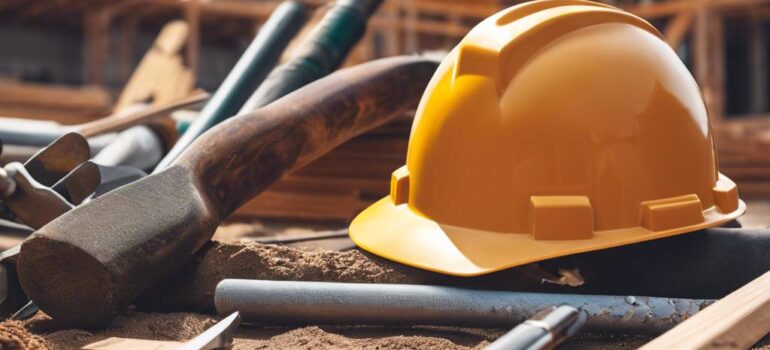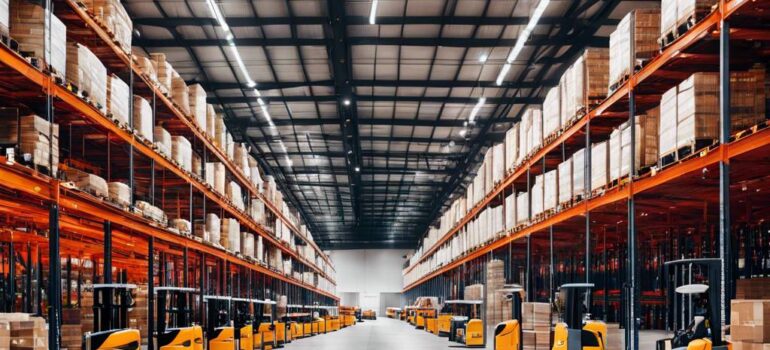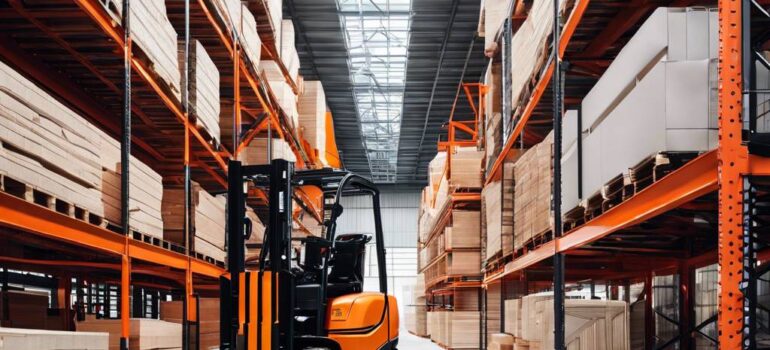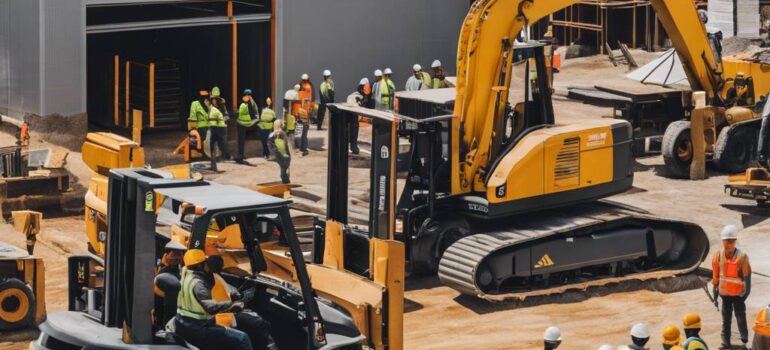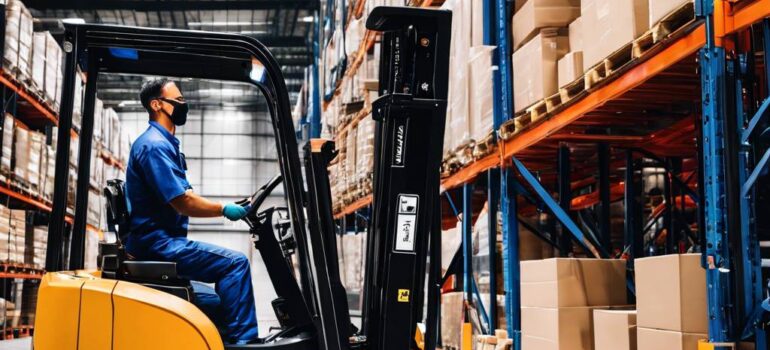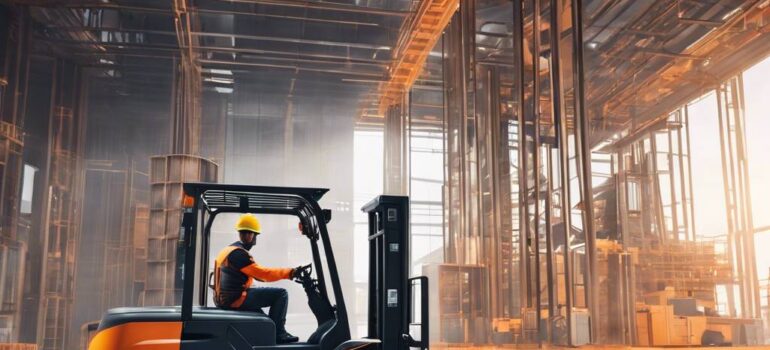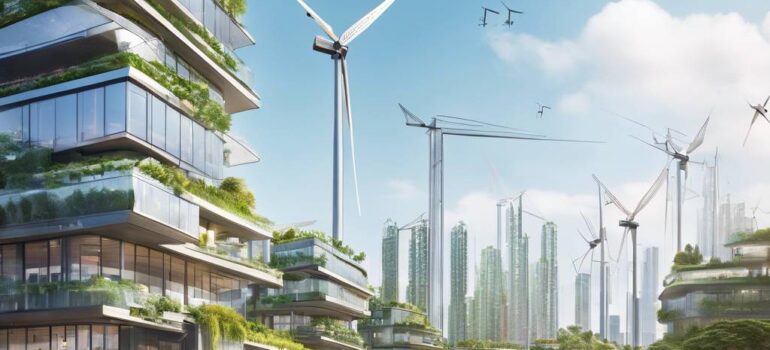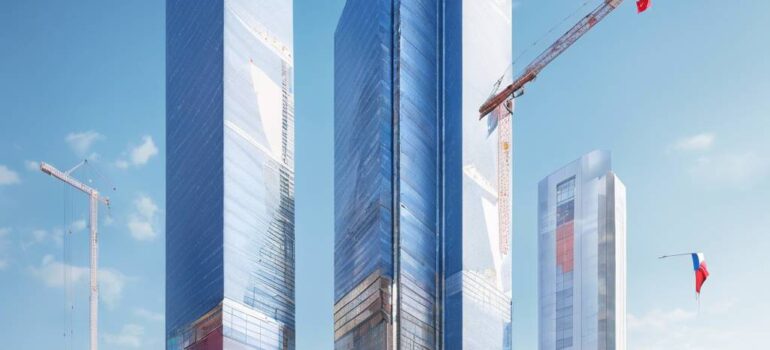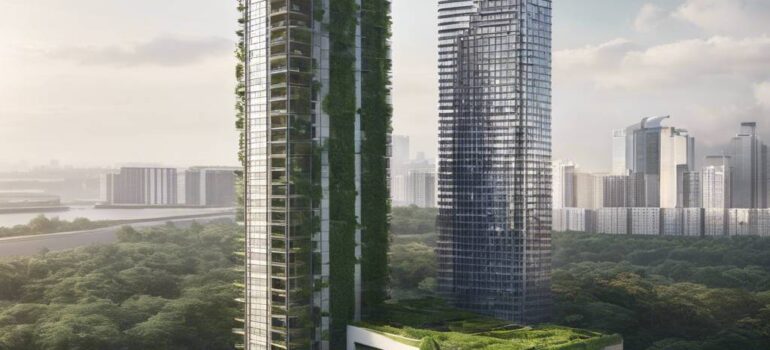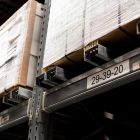Empowering Minority Owned Construction
In the dynamic business environment of today, where equality and equity are ever in the spotlight, an issue that recently garnered attention is the stark disparity in government contracts awarded to minority-owned businesses within the construction industry. This issue resonates deeply here in Australia, especially within our own sector of materials handling and forklift services. As we navigate this complex terrain, understanding the implications for both the industry and for those who use our services is essential.
Our company, offering forklift hire in Sydney, forklift servicing Sydney, and forklift repairs, is attuned to the needs and challenges of a diverse client base, including many small and minority-owned businesses. We recognize the importance of supporting these businesses, not just in word but in deed, by providing access to quality equipment and maintenance services that can help level the playing field.
The construction industry is a robust contributor to the economy, and its health is directly impacted by the equitable distribution of contracts, which in turn affect businesses such as ours that supply and service the machinery that keeps the industry moving. The findings from another part of the world, highlighting a mere 3.68% of construction prime contracts awarded to Black, Hispanic, and Asian companies, shed light on an issue that is no doubt mirrored in various degrees across other countries, including Australia.
Minority-owned businesses losing out on over $500 million in contracts is a staggering figure. Applying this context to our field, it’s essential to consider how such disparities might limit the growth of these businesses and their ability to invest in the necessary equipment, like diesel forklifts or electric forklifts for their operations.
Our role in empowering businesses extends to offering advice on the most practical and cost-efficient equipment to meet their needs. When it comes to a diesel forklift vs electric forklift, for instance, we consult with our clients considering their operational requirements, environmental concerns, and maintenance capabilities. By providing tailored recommendations and transparent services, we strive to support the growth and competitiveness of all businesses, including those that have historically been underrepresented in government contracts.
We don’t just stop at providing equipment. Forklift servicing Sydney and forklift repairs are cornerstones of fostering long-term relationships with our clients. Regular and reliable servicing can significantly decrease downtime for all businesses, helping them stay competitive in tendering for government and private contracts.
Moreover, in response to the call for equitable treatment and opportunities, we acknowledge the responsibility of every stakeholder in the industry, from manufacturers like Toyota Forklift to hire and servicing companies like ours, to advocate and foster an environment where winning contracts is based on merit and capability rather than background or size.
Being informed is vital. Awareness of disparities in the construction and related industries is the first step towards remedying them. As stakeholders, regular dialogue with local government bodies about the procurement process, and exploring set-aside programs—despite their legal complexities—are avenues that can and should be explored.
For those businesses affected by this disparity or who are looking to equip themselves effectively in a competitive market, we are here to support you. Our forklift hire Sydney options provide an affordable and flexible solution to acquiring top-of-the-line equipment. By utilizing our forklift services, minority-owned and women-owned businesses can take assurance in knowing that they possess the same quality resources as their larger counterparts to compete effectively for and execute on contract opportunities.
Our commitment to equitable service means we offer the same high standard of equipment, servicing, and repairs to every customer. Whether it’s a diesel forklift for heavy-duty construction projects or a versatile electric forklift for an urban redevelopment, our fleet is maintained with care, ensuring our clients can perform their best, no matter their size or who owns them.
In closing, we at [Your Company] understand the importance of playing an active role in addressing the inequities faced by minority-owned businesses. Through our dedication to exemplary service and support to all our clients, we contribute, in our way, to bridging the gap and fostering a more inclusive and prosperous industry for all.

